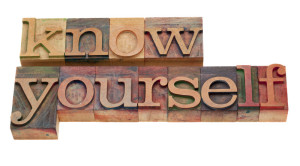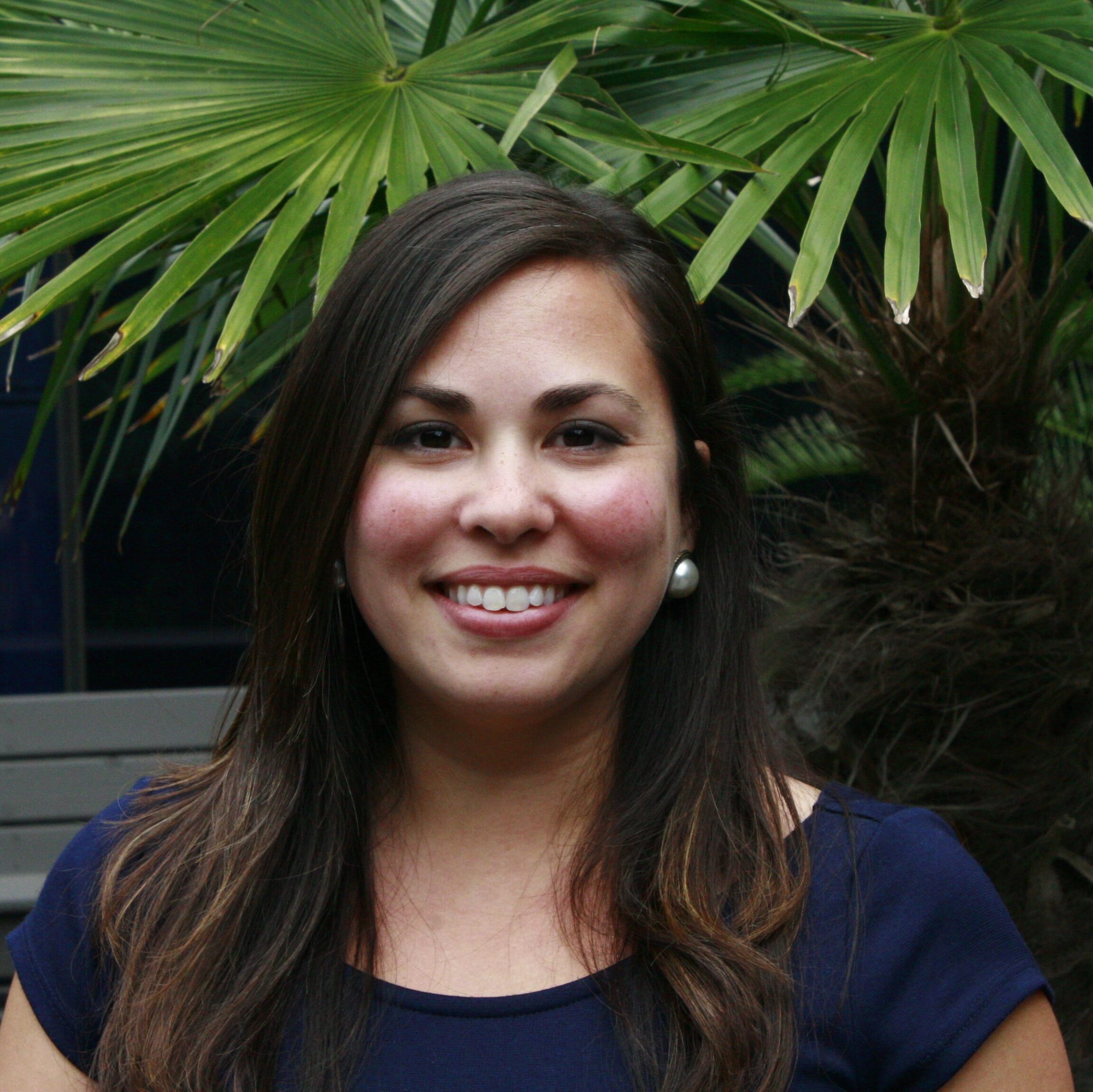The Superpower of Self-Awareness
 We live in an age of self-awareness; it is an age in which we have the capability to monitor and measure our daily living. We are surrounded by means to quantify our existence: Scales for our weight, programs for measuring food intake, mobile apps to balance spending, trackers of all kinds for things like physical activity and sleep. But are these measurements descriptive of the whole human person? Our existence is not limited to our physical presence in the world, but also our emotional and spiritual presence. To be fully aware of who we are is truly a process that serves a great purpose. Abounding research proves that having full awareness of who we are leads to much greater self-efficacy (Mattingly & Lewandowski, 2013).
We live in an age of self-awareness; it is an age in which we have the capability to monitor and measure our daily living. We are surrounded by means to quantify our existence: Scales for our weight, programs for measuring food intake, mobile apps to balance spending, trackers of all kinds for things like physical activity and sleep. But are these measurements descriptive of the whole human person? Our existence is not limited to our physical presence in the world, but also our emotional and spiritual presence. To be fully aware of who we are is truly a process that serves a great purpose. Abounding research proves that having full awareness of who we are leads to much greater self-efficacy (Mattingly & Lewandowski, 2013).
Simply put, self-awareness enables us to live more powerfully and effectively in our world. We develop the capability to understand the roots of our recurring issues so that our relationships enjoy increased functioning and freedom. The Dalai Lama says that, “to have greater self-awareness or understanding means to have a better grasp of reality;” our increased grasp of reality serves as a superpower for a fully enjoyed life with no (or at least minimal) blind spots!
The Body
When we consider how to become more aware of ourselves, a wonderful place to start is in our body. At what points during the day do we feel increased heart rates or muscle tension? Can we catch ourselves growing fidgety? Are there times when we experience more headaches and upset stomachs? Where are we when we experience increased or decreased relaxation in our body? This practice is separate from merely measuring quantitatively; this type of awareness leads to increased emotional and spiritual health. Moving forward from here, we can begin asking “why” and noticing patterns.
The Mind
Another great way to increase self-awareness is to begin noticing our thought patterns. It is a common tendency to occasionally think in negative and distorted ways, which can have powerful effects on how we feel. The task here is to challenge some of the false assumptions we make about ourselves and our world. This process is called cognitive restructuring. Dr. Alice Boyes offers a few steps to challenging some of our automatic thoughts. We can practice noticing when cognitive distortions arise and track the accuracy of our thoughts. And we can even go further by behaviorally testing the legitimacy of our thoughts or assumptions. One of the greatest priorities in gaining awareness of our thoughts and assumptions is considering our early environment and its effect on us. For example, what unspoken rules did we learn about our world and ourselves? The insight we gain informs us on how we got to where we stand today. Often, as adults, we generalize the rules we learned in our early environment to the whole world. However, there is great benefit in reevaluating what rules might no longer be helpful to us. Our thoughts hold strong power over our emotions and behaviors, often leaving us feeling a bit out of control; however, awareness places the power back in our own hands.
The Soul
Finally, we can become aware of our emotional climate, and how it affects who we are in our world. Dr. Harold Duncan describes emotional self-awareness as “the ability to maintain self-reflectiveness even amidst turbulent emotions”. So we can start by asking ourselves: When is the last time I had a strong emotional reaction to something? What insight can I draw from that memory? Throughout the process of understanding our emotions, we begin to change the relationship we have with ourselves to a far more positive and encouraging one. Rather than chaotically responding to our environment, we can use our awareness to respond with wisdom and compassion to ourselves while considering our unique needs. We become the insightful owners of our emotion when we gain that precious awareness. As we continue surveying our emotional inner landscape, we can gently ask ourselves questions such as: What do I expect of myself? What do I expect of my relationships? What types of relationships do I gravitate towards? What upsets me? What are my strengths and weaknesses and how does good come from both? What would others say are my areas of improvement? What nourishes my soul? And one can always play around with the question, “Where does this come from?” for further insight.
Though seemingly daunting at first, increasing self-awareness can be an ongoing and fun journey. The goal in gaining self-awareness is not to be perfect, but rather to be accepting of who we are and thus become more impactful individuals. This practice bears fruit in the most powerful way: we are able to become powerful instruments in the world by fully utilizing every imperfect part of us. What’s more, learning this provides wonderful ground for being compassionate and accepting of others – thus enriching our relationships. Awareness is the powerful first step to finding freedom from whatever ails us. It must, however, go hand-in-hand with self-compassion. So if, along the journey, one finds he might need a little help – there is always support. For those of us who have had upbringings with trauma, it can be a bit scarier to confront the details of our childhood and adolescence. But rest assured, there is always hope. For more tips on how to bravely increase your self-awareness, check out author Lori Deschene’s thoughts. Enjoy the journey!
Becker-Phelps, L. (2013). All self-improvement starts here. Psychology Today. Retrieved from: http://www.psychologytoday.com/blog/making-change/201308/all-self-improvement-starts-here
Mattingly, B.A. & Lewandowski, G.W. (2013). An expanded self is a more capable self: The association between self-concept size and self-efficacy. Self & Identity, 12(6), 621-634.
M.A., LMFT-Associate, LPC-Intern
Supervised by Dr. Amy Fuller, LMFT-S, LPC-S










